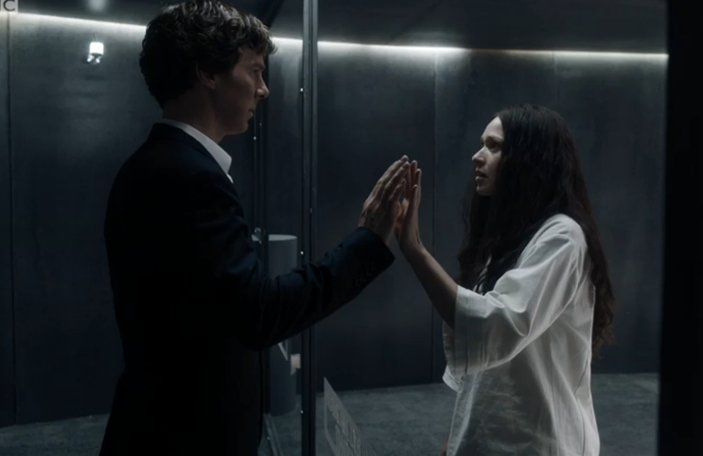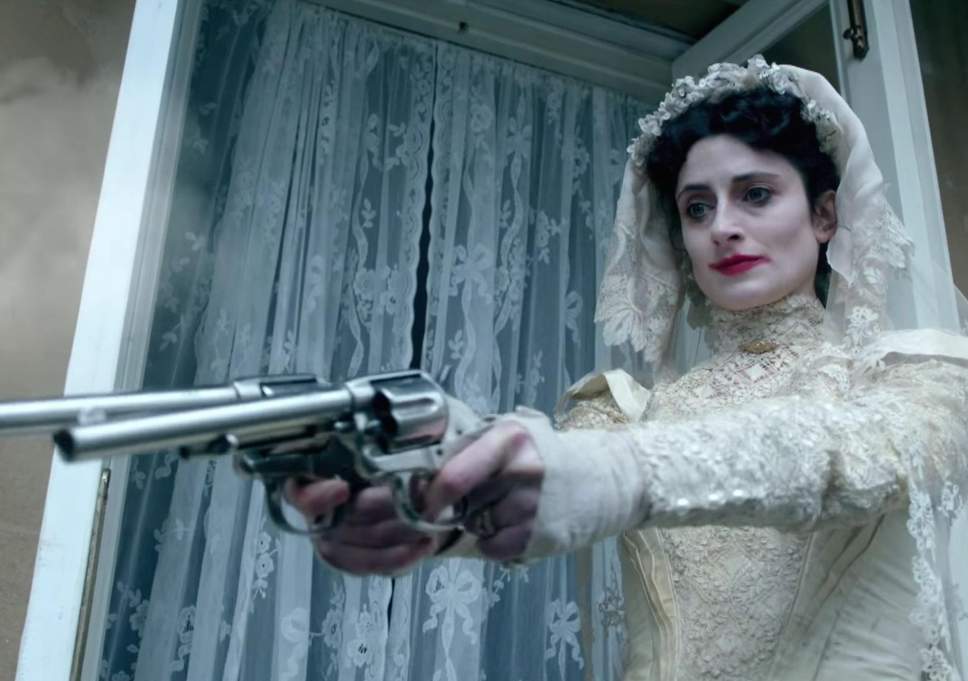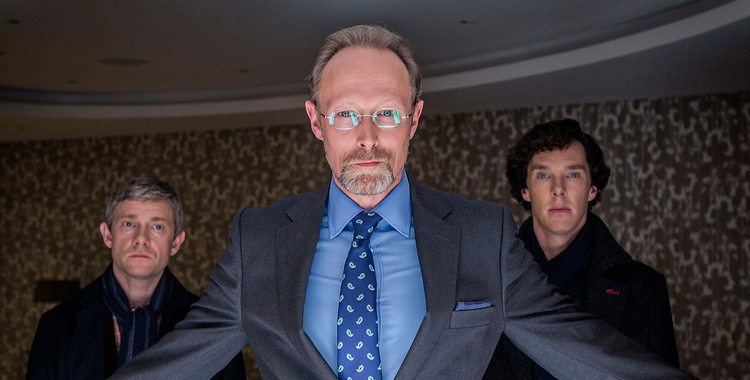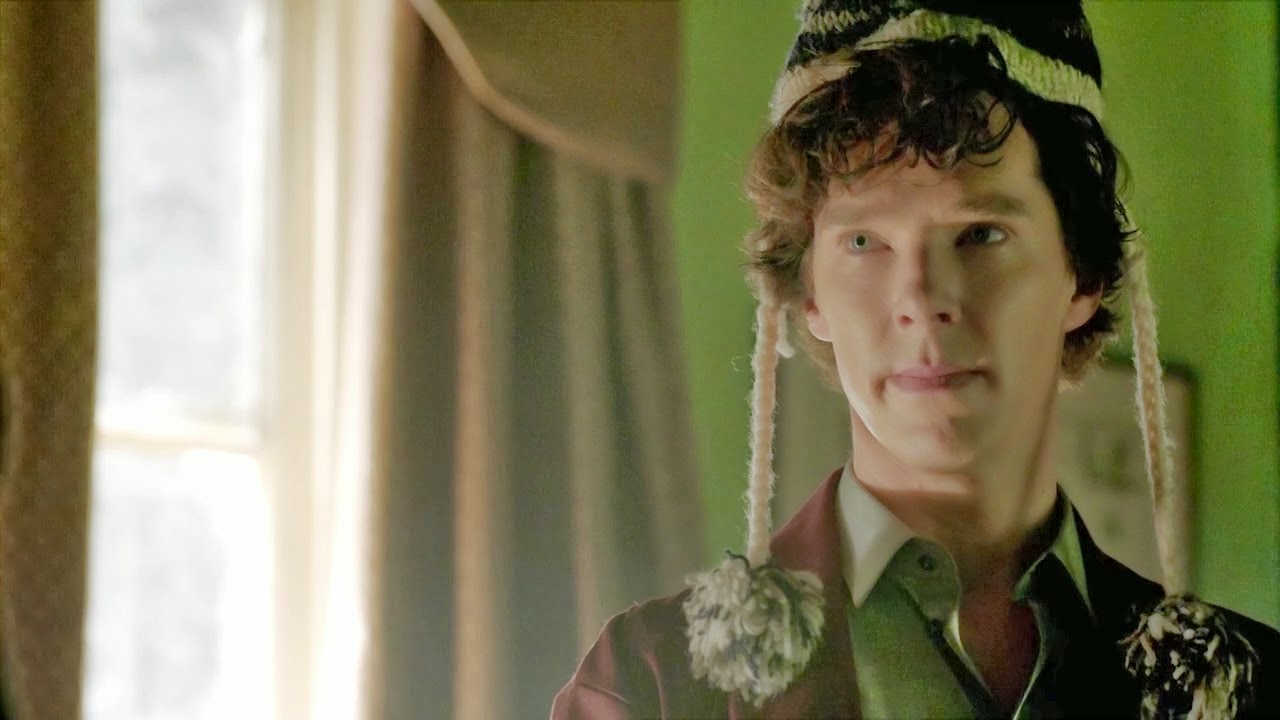Outside the Government: The Final Problem
 It’s January 15th, 2017. Clean Bandit have been knocked off of number one by the dawn of the Sheeraning, as Ed Sheeran’s “Shape of You” and “Castle on the Hill” debut at number one and two respectively, heralds of his forthcoming album that will, on its release in mid-March, lead to Sheeran occupying 14 of the top 15 slots in an absolutely unprecedented (and before the streaming era impossible ) turn of events. JP Cooper, Starley, and Jax Jones featuring Raye also chart.
It’s January 15th, 2017. Clean Bandit have been knocked off of number one by the dawn of the Sheeraning, as Ed Sheeran’s “Shape of You” and “Castle on the Hill” debut at number one and two respectively, heralds of his forthcoming album that will, on its release in mid-March, lead to Sheeran occupying 14 of the top 15 slots in an absolutely unprecedented (and before the streaming era impossible ) turn of events. JP Cooper, Starley, and Jax Jones featuring Raye also chart.
In news, the Justice Department concludes its lengthy investigation of the Chicago Police Department and concludes that, yeah, they’re really bad. Trump gives his first post-election press conference and mostly attacks the press. Much of the London Underground is shut down due to a strike. Martin McGuinness, the Deputy First Minister of Northern Ireland, resigns, sparking the collapse of the power-sharing government. And the Playboy Mansion goes up for sale.
On television, meanwhile, Sherlock reaches its presumptive end with The Final Problem. The central and defining mechanic of Sherlock is as it has always been: a sense of unrelenting, propulsive motion. It’s just that with The Final Problem this motion is not aimed anywhere. The result is like a rocket pointed sideways—undoubtedly spectacular, but still just an exploded mess. Nothing follows from this. How could it? The manic enthusiasm and gusto with which The Final Problem runs in circles does not change the fact that it remains essentially stationary. The sheer quantity of nothing that happens here does not magically transmute into something.
And so one is left with little to do but that laziest of cheap thrills in criticism: the brutal inventory of faults and failures in a crappy piece of media. Call it a craven attempt to someday get Alexandra Ocasio-Cortez to call me while I’m playing video games, but The Final Problem is garbage and here’s why.
The first and biggest problem, from which most though by no means all of the others extend, is Eurus. Or, rather, it’s the degree to which all of the emotional weight that Eurus supposed to conjure is unearned, existing more as an assertion of importance than as anything substantive. Eurus is one of the most over the top premises the show has ever tried to sell—that Sherlock Holmes not only has a previously unmentioned sibling, but that he completely blocked her out of his memory. And yet the effort that’s put into that sales job is frightfully minimal.
More to the point, however, the premise undermines what the story is trying to do. The script requires that the Sherlock/Eurus confrontations at the top of act two and the climax of act three carry emphatic emotional weight. But by loudly insisting on the total lack of existing emotional connection with Eurus that Sherlock can draw upon, Moffat and Gatiss keep her at arm’s length, creating a sense of distance at the precise moment when the story needs intimacy. It’s supposed to feel big and important, but the only thing the script can figure out to do to make it feel that way is to tell us how big and important it is.…

 CW: Discussions of Jimmy Savile and sexual assault.
CW: Discussions of Jimmy Savile and sexual assault. It’s January 1st, 2017. Did you guess that Rockabye were at number one with “Clean Bandit”? If so, well done. Zara Larsson, Little Mix, Bruno Mars, and Wham also chart, the latter with a post-Christmas surge for “Last Christmas.” In news, US troops withdraw from Afghanistan, Obama imposes sanctions against Russian intelligence agencies for interfering with the election, and Nevada’s marijuana legalization goes into effect.
It’s January 1st, 2017. Did you guess that Rockabye were at number one with “Clean Bandit”? If so, well done. Zara Larsson, Little Mix, Bruno Mars, and Wham also chart, the latter with a post-Christmas surge for “Last Christmas.” In news, US troops withdraw from Afghanistan, Obama imposes sanctions against Russian intelligence agencies for interfering with the election, and Nevada’s marijuana legalization goes into effect.
 It’s January 12th, 2014. Pharrell Williams is happily at number one, with Beyonce, Eminem, Ellie Goulding, and Pitbull also charting. In news, a cold snap in the US has all fifty states with at least somewhere below freezing, and a chemical leak in West Virginia leaves 300,000 without clean water. In the UK, the death of Mark Duggan, which kicked off riots in the summer of 2011, is ruled to have been lawful, while Keith Wallis pleads guilty for falsely claiming to have heard Andrew Mitchell call some police officers “plebs.”
It’s January 12th, 2014. Pharrell Williams is happily at number one, with Beyonce, Eminem, Ellie Goulding, and Pitbull also charting. In news, a cold snap in the US has all fifty states with at least somewhere below freezing, and a chemical leak in West Virginia leaves 300,000 without clean water. In the UK, the death of Mark Duggan, which kicked off riots in the summer of 2011, is ruled to have been lawful, while Keith Wallis pleads guilty for falsely claiming to have heard Andrew Mitchell call some police officers “plebs.”  We continue to count down towards the TARDIS Eruditorum relaunch on March 19th with revised versions of some old blog posts on Sherlock. Proverbs of Hell will run its final two installments on Tuesday and Thursday this week.
We continue to count down towards the TARDIS Eruditorum relaunch on March 19th with revised versions of some old blog posts on Sherlock. Proverbs of Hell will run its final two installments on Tuesday and Thursday this week. It’s January 1st, 2014. Pharrell Williams’s “Happy” has unseated Sam Bailey at number one, while Eminem and Rihanna, Lily Allen, Ellie Goulding, Katy Perry, and One Direction also chart. In the news, since Matt Smith got old and died it’s been exceedingly quiet. Obama signed a budget deal, marijuana was legalized in Colorado, incandescent light bulbs became illegal to sell in the United States, and Latvia adopted the Euro. While on television, Sherlock informed the audience that it was going to lie to them, and then went on to do just that. It had, in the tradition of fair lies, given ample warning. “It’s a trick. Just a magic trick.” And so, of course, it was. Indeed, The Empty Hearse is in effect a ninety minute exercise in arguing that the question of how Sherlock survived The Reichenbach Fall is irrelevant, or at least largely uninteresting.
It’s January 1st, 2014. Pharrell Williams’s “Happy” has unseated Sam Bailey at number one, while Eminem and Rihanna, Lily Allen, Ellie Goulding, Katy Perry, and One Direction also chart. In the news, since Matt Smith got old and died it’s been exceedingly quiet. Obama signed a budget deal, marijuana was legalized in Colorado, incandescent light bulbs became illegal to sell in the United States, and Latvia adopted the Euro. While on television, Sherlock informed the audience that it was going to lie to them, and then went on to do just that. It had, in the tradition of fair lies, given ample warning. “It’s a trick. Just a magic trick.” And so, of course, it was. Indeed, The Empty Hearse is in effect a ninety minute exercise in arguing that the question of how Sherlock survived The Reichenbach Fall is irrelevant, or at least largely uninteresting.

